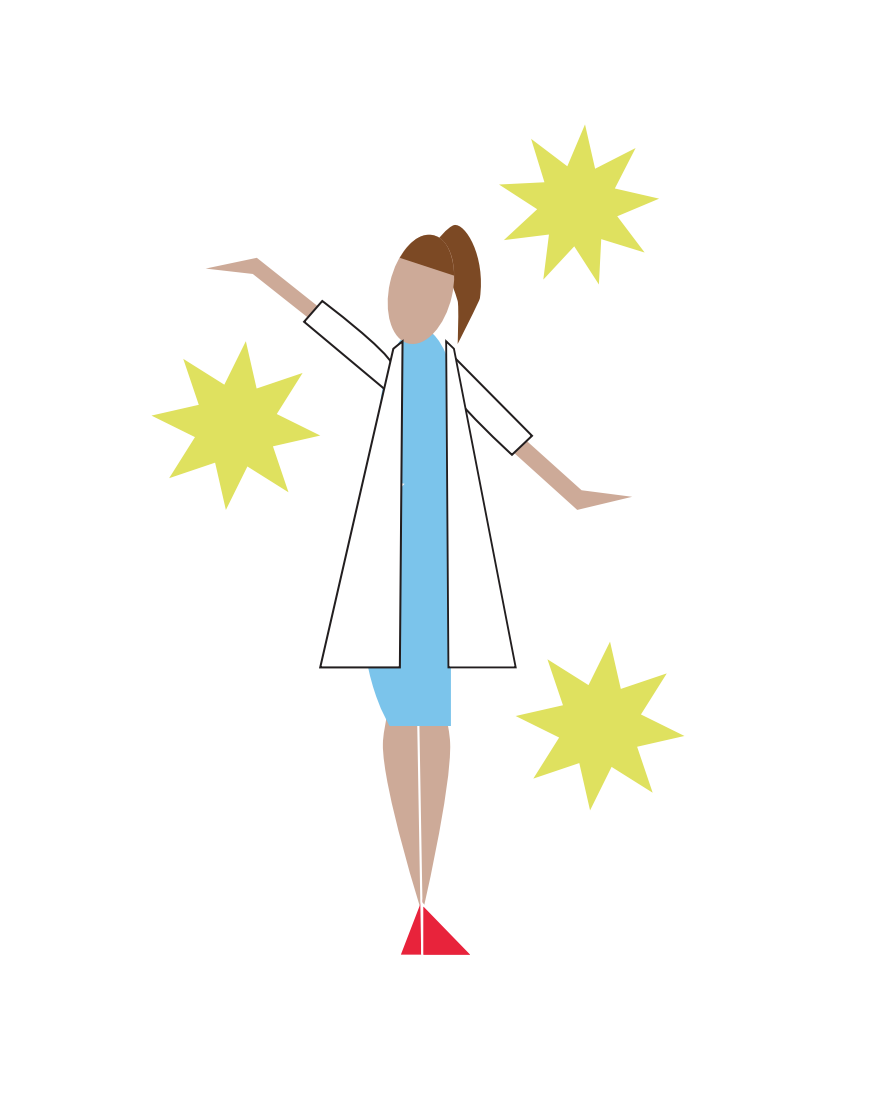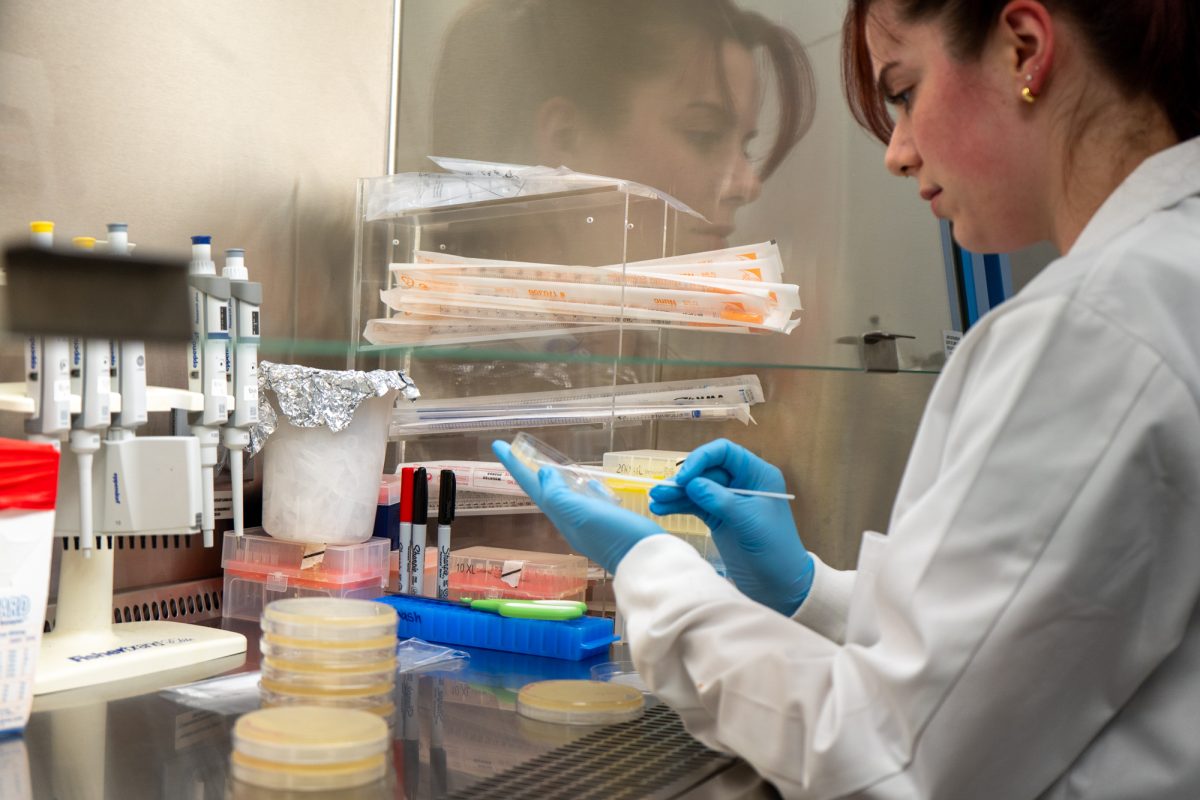When Sir Tim Hunt made a comment regarding working with women in laboratories, media backlash took over the Internet and ultimately led to his forced resignation from the University College London.
Hunt, a renowned British scientist specializing in cell biology, spoke at a conference in South Korea this month, where he stood up in front of colleagues and said, “Let me tell you about my trouble with girls. Three things happen when they are in the lab. You fall in love with them, they fall in love with you and when you criticise them, they cry.”
The media reaction was almost immediate. Many took to social media with the hashtag #DistractinglySexy with photos of famous women in science and women dressed in lab gear.
Joan Wolf, Interim Director of women’s and gender studies at Texas A&M, said she wasn’t surprised by the media reaction to Hunt’s comment.
“It was a bad choice of words in a sensitive environment,” Wolf said. “I’m glad to see people are reacting. People who are paying attention are saying that this is another example of sexism, while some think that this is a freedom of speech issue.”
Wolf said comments like Hunt’s are interesting because they shed light on certain beliefs that otherwise wouldn’t have surfaced.
“I think what’s so interesting about these moments is that they are ostensibly friendly, off-the-cuff remarks and they reveal behaviors or beliefs that a prepared speech wouldn’t have let on,” Wolf said.
Wolf said the issues surrounding Hunt’s comment can be seen in A&M undergraduate classrooms.
“We’ve seen among undergraduates in engineering, for example, that there’s an unspoken sense that female students should do the PowerPoints or write-ups on a project because they have neater handwriting or are more creative,” Wolf said. “This then follows students out of college, and women are pushed toward the kind of work that doesn’t tend to generate high pay raises and promotions.”
To make an effort to improve gender equality in A&M’s Science, Technology, Engineering and Mathematics, or STEM, department, the STEM faculty employed the ADVANCE Center, a program funded by the National Science Foundation. The ADVANCE Center conducts activities that focus on salary differences, start up packages and resources allocated to male and female faculty that they receive upon starting at A&M.
ADVANCE Center director Christine Kaunas said data shows the program is already having an impact on female faculty members in STEM.
“We focus on improving recruitment and retention for women faculty in STEM,” Kaunas said. “Research shows that a lot of women in the STEM fields engage in what the literature calls a ‘chilly’ climate. We’re trying to work to improve workplace climate as a means to retain our faculty,” Kaunas said.
Stephanie Payne, Industrial and Organizational professor, performed a study for the ADVANCE Center that looked into the types of words students used in the comment section of their course evaluations. The categories were communal words, words that describe someone as approachable and bringing people together, and agentic words, words that describe someone as a leader.
Payne said there have been numerous studies about student evaluations before, but they haven’t focused on faculty gender differences.
The preliminary findings of the study indicate there are no significant differences between the amount of communal or agentic words between STEM female and male faculty members.
“The trend is there that female [STEM professors] are being described more as agentic than male [STEM professors], which is interesting, but not a significant difference,” Payne said.
Payne said one of the challenges of sexism is how well issues are documented and how much data is presented on them.
“A lot of things are reliant on people reporting, and a lot of times people are not comfortable about reporting,” Payne said.
Kaunas said the ADVANCE Center currently focuses on STEM colleges and some departments in the College of Liberal Arts, but expects to expand to more colleges such as the School of Public Health and the College of Education.














